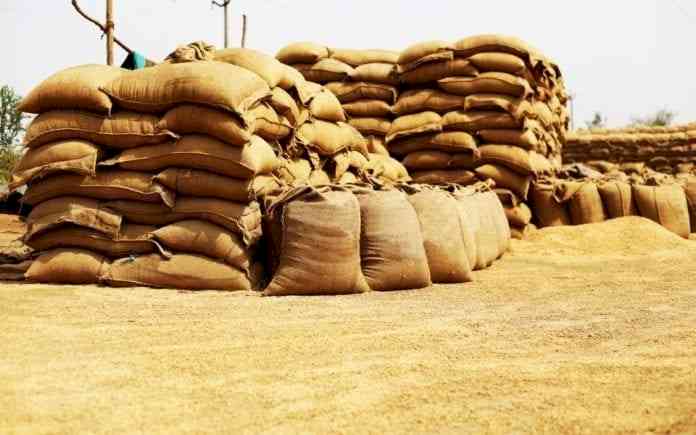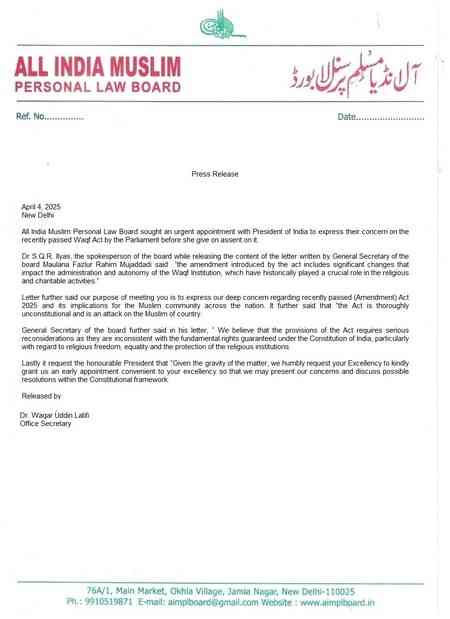Govt says timely interventions on wheat, sugar export insulated domestic prices from global changes
The Centre's timely intervention in regulating the mounting export of wheat and sugar through recent export regulations has insulated the prices of these commodities from increase in contrast to the prices prevailing in the global market, a government statement said on Thursday.

New Delhi, June 2 (IANS) The Centre's timely intervention in regulating the mounting export of wheat and sugar through recent export regulations has insulated the prices of these commodities from increase in contrast to the prices prevailing in the global market, a government statement said on Thursday.
The government's priority is to ensure sufficient availability of sugar at reasonable rates. The prices of sugar in the domestic market in the last twelve months are under control, the statement said.
The wholesale prices of sugar in India are in the range of Rs 3,150 to Rs 3,500 per quintal while the retail prices are in the range of Rs 40-43 per kg in the country.
Due to lower production in Brazil, there may be shortage of sugar globally and therefore to safeguard the domestic availability and interest of Indian consumers, the government took timely measure to regulate sugar exports with effect from June till further orders, with a maximum export of 100 lakh tonne during the year.
The price of 'EU Durram' wheat in the international market is around Rs 43 per kg whereas Indian wheat is selling at an average price of Rs 26 per kg in wholesale.
There is a price difference of Rs 17 per kg, which is about 39.5 per cent discount to the international market. All other countries except India are selling wheat at around $450 to $480.
As a result, it has increased rush of export contracts and as a consequence the domestic retail prices rose by 16.08 per cent year on year.
Thereby, in order to protect the consumers from the rising prices, wheat export has been regulated with effect from May 13, 2022.
"It has been done to manage the overall food security of the country and to support the needs of neighbouring and vulnerable countries."
An inter ministerial committee reviews price situation on weekly basis, consider relevant measures in relation to edible oils and other food items depending on the domestic production, demand, domestic and international prices and international trade volumes.
Further, it may be recalled that in a bid to control the continuous rise in the cooking oil prices since past one year, the central government had cut the basic duty on crude palm oil, crude soyabean oil and crude sunflower oil, besides reducing agri cess on these essential commodities.
Also, futures trading in mustard oil on NCDEX had been suspended and stock limits had been imposed.
The statement went on to say that throughout the world, food prices have increased sharply due to in crude oil prices, high transport costs due to container shortage and trade disruptions due to the current geo-political scenario.
"Indian consumers have got relief in their food basket due to these pre-emptive steps taken by the Government to control the sharp increase in the prices of essential items such as edible oils, wheat, rice, atta and sugar."


 IANS
IANS 








